Inside Fort Bregancon: May invited to Macron’s summer retreat
PM returning from holiday early to join French president for Brexit talks at 13th century fort
A free daily email with the biggest news stories of the day – and the best features from TheWeek.com
You are now subscribed
Your newsletter sign-up was successful
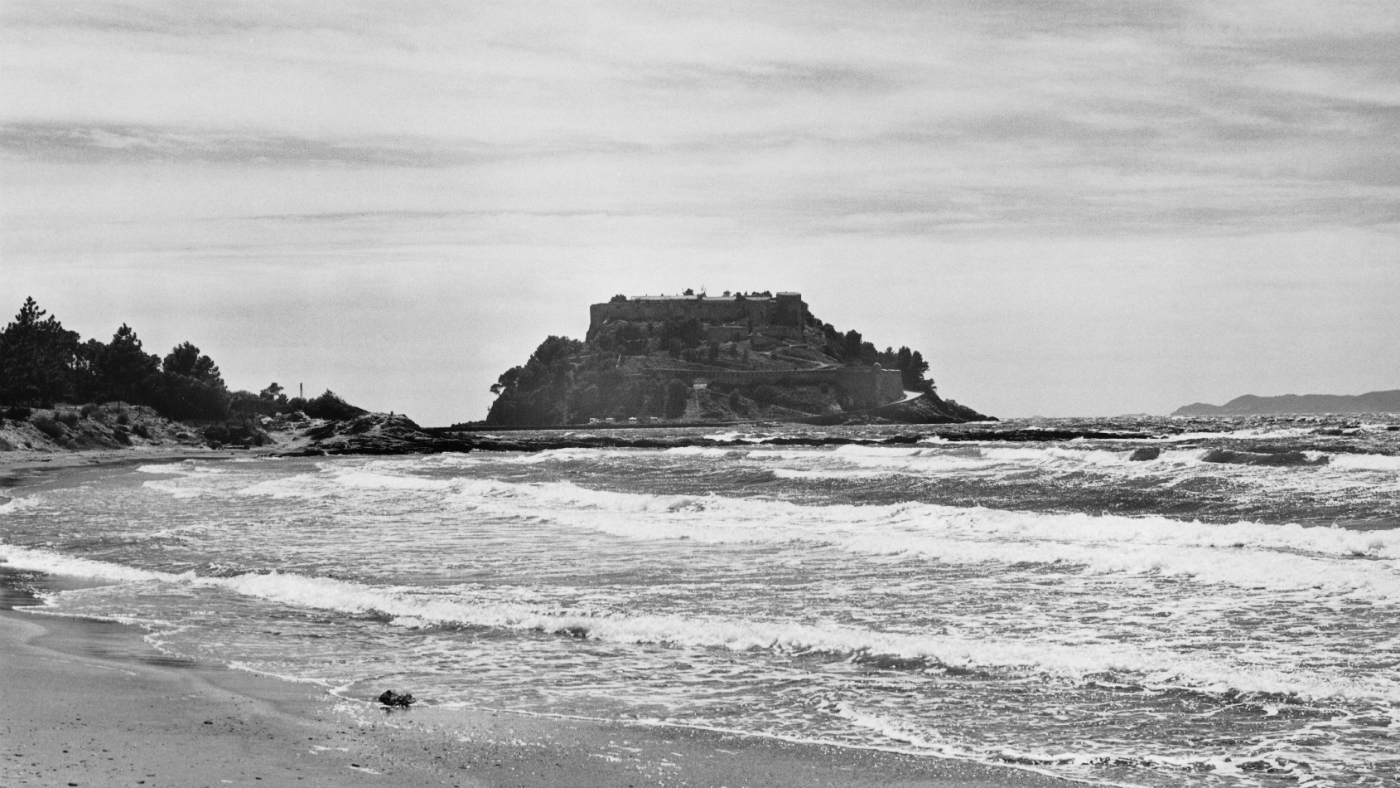
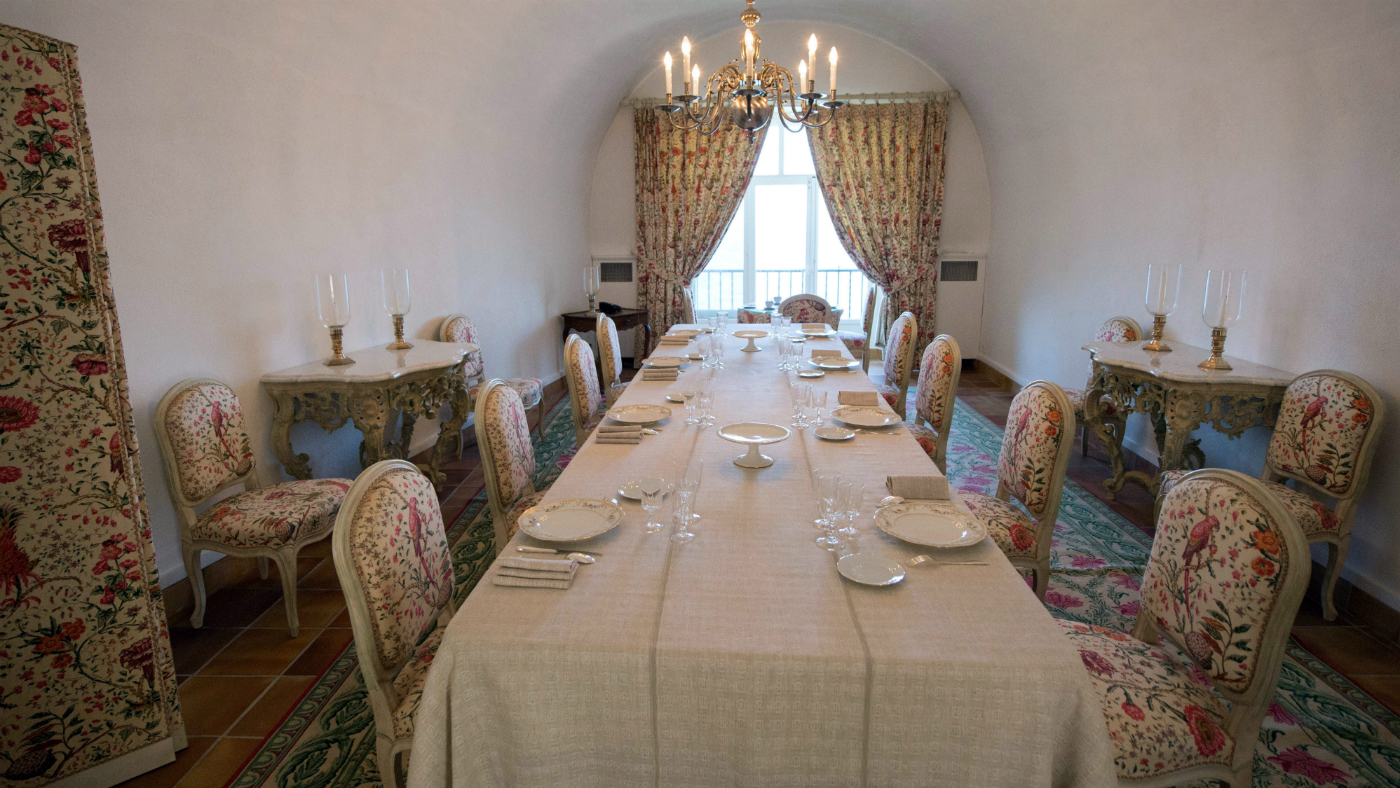
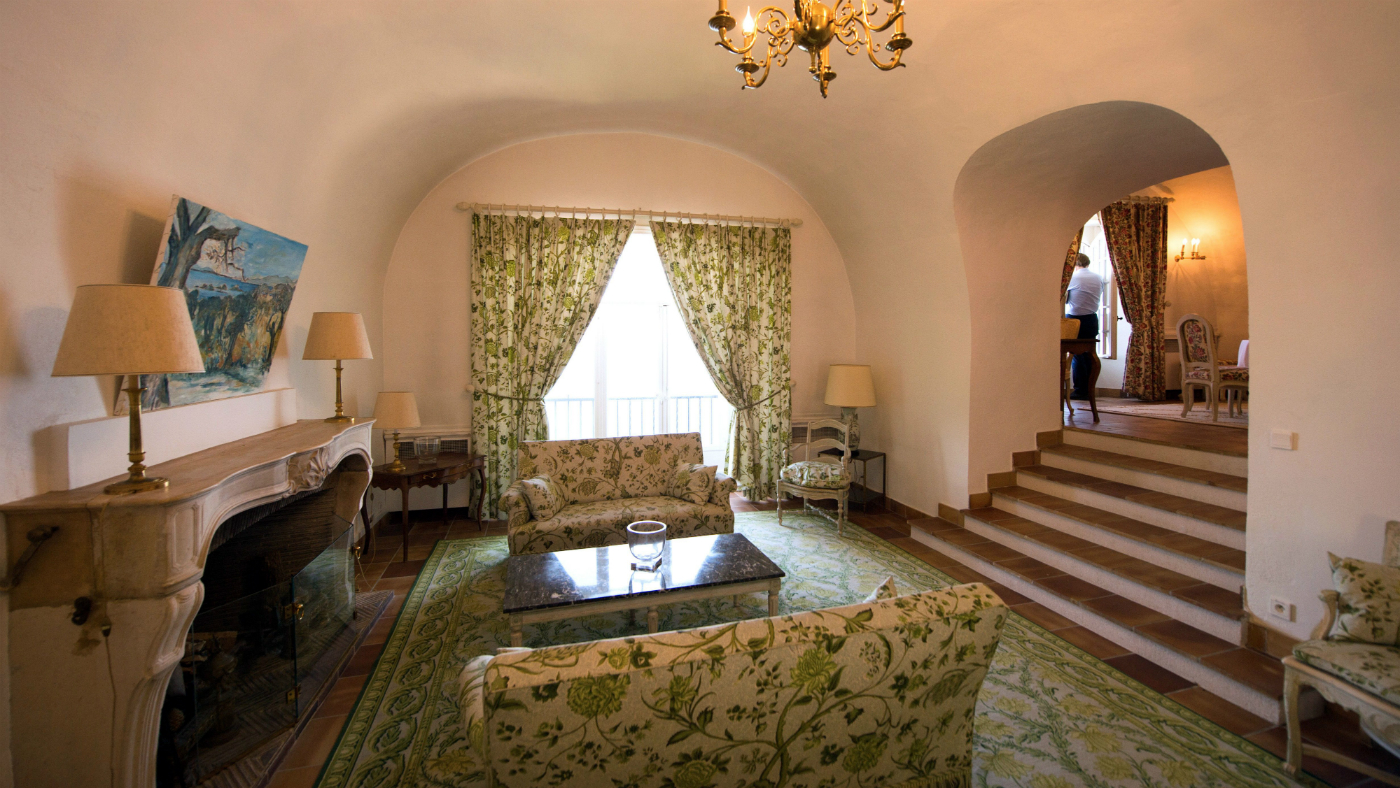
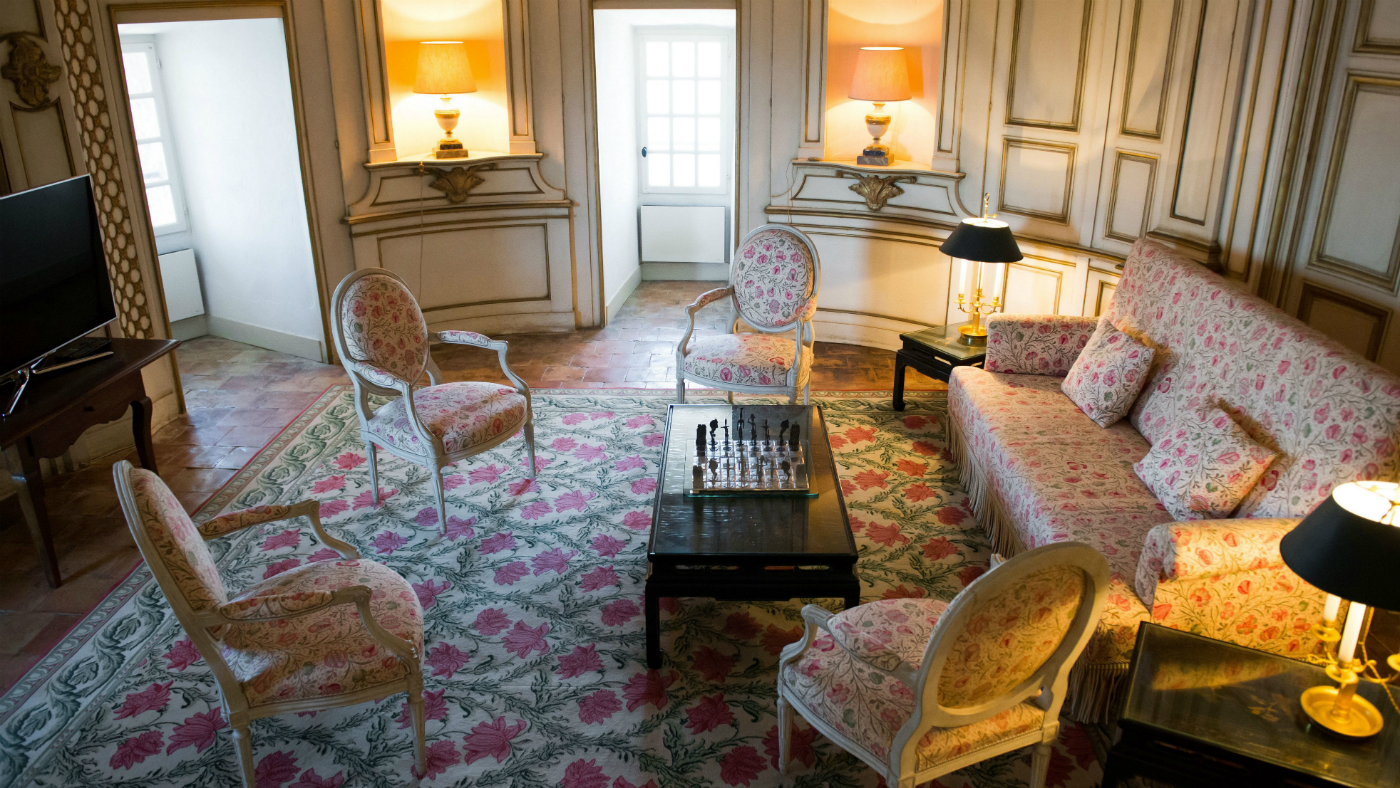
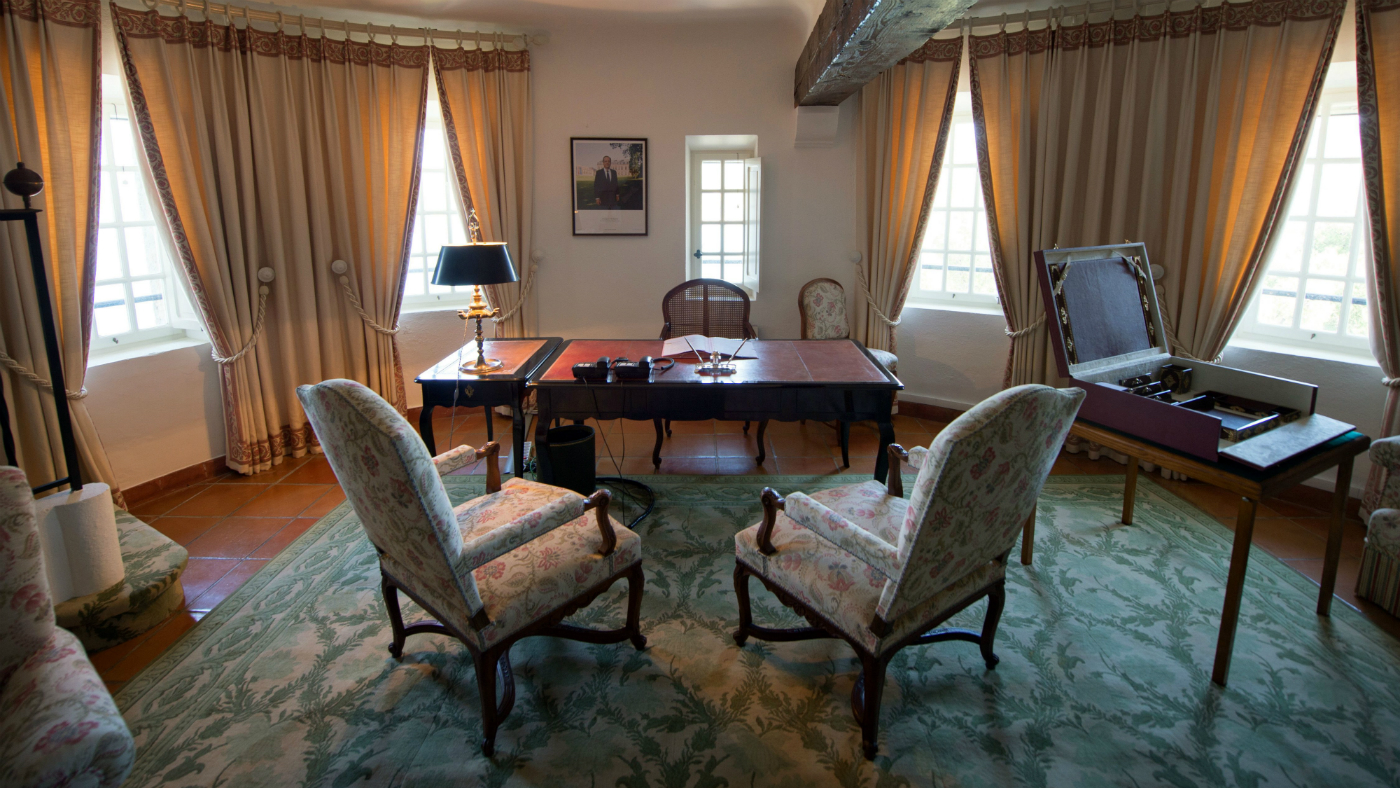
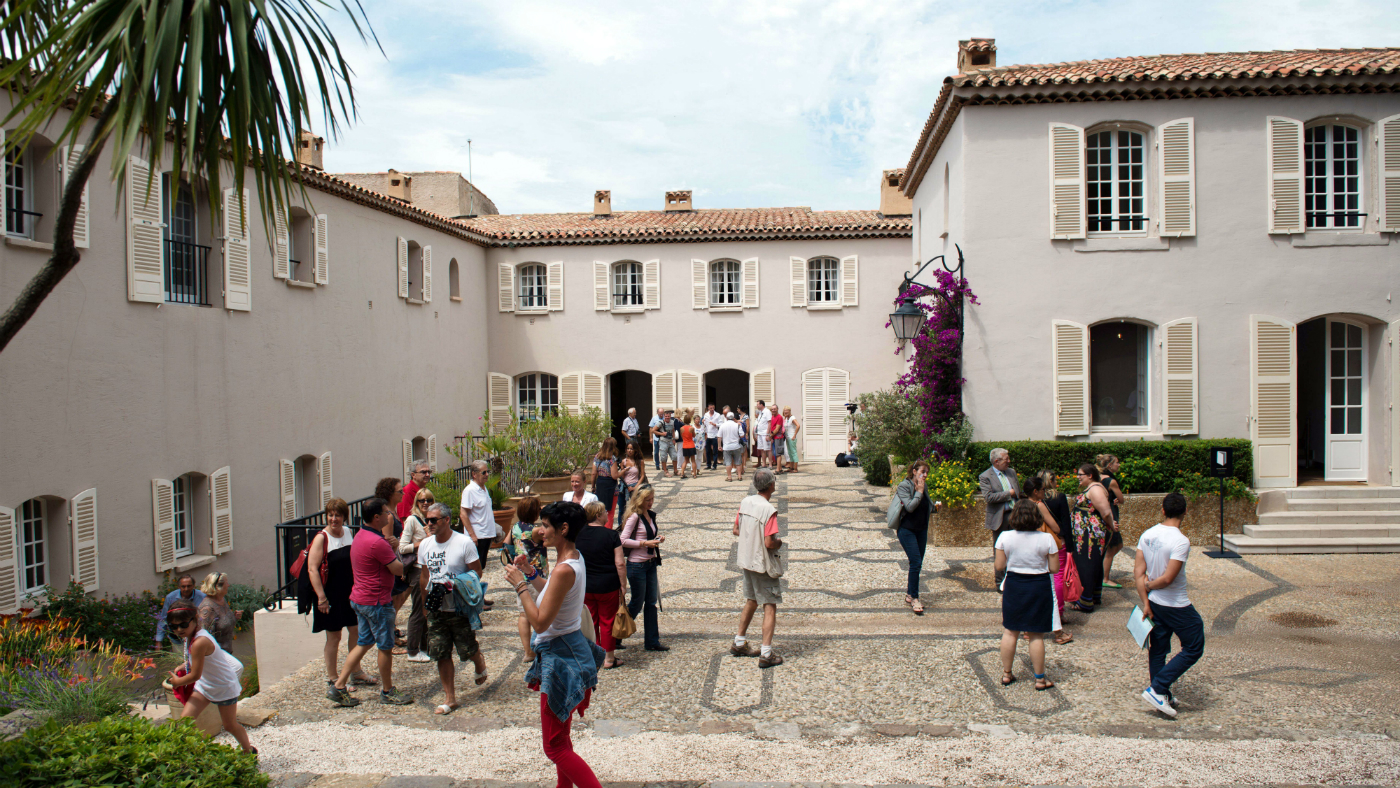
Theresa May is to cut short her summer break in order to join French President Emmanuel Macron for Brexit talks at his luxury summer getaway.
The prime minister has cancelled the rest of her stay at Italy’s Lake Garda for a swiftly arranged summit on Friday at Fort de Bregancon, which sits on a tiny island just off the French Mediterranean coast. The meeting will be followed by a private dinner that will be attended by Macron’s wife, Brigitte, and May’s husband, Philip.
The fort has been the official retreat of the president of France since 1968, but its history stretches back even further than the French Republic.
The Week
Escape your echo chamber. Get the facts behind the news, plus analysis from multiple perspectives.

Sign up for The Week's Free Newsletters
From our morning news briefing to a weekly Good News Newsletter, get the best of The Week delivered directly to your inbox.
From our morning news briefing to a weekly Good News Newsletter, get the best of The Week delivered directly to your inbox.
Here The Week talks a look inside this ancient getaway on the French Riviera.
History
Fort de Bregancon was built in the 13th century as a military encampment and lookout over the Mediterranean Sea, and “belonged to a variety of noble families as they fell in and out of power throughout the centuries”, says Culture Trip.
“The fort was besieged several times and used as a place to escape. Queen Jeanne Ire stayed in 1348 after fleeing Naples, which had been invaded by her cousin – she used it as a pit stop on her way to taking refuge in Marseille,” the travel site continues. “The fort wasn’t badly affected by the French Revolution, although a few items were plundered by locals.”
A free daily email with the biggest news stories of the day – and the best features from TheWeek.com
The property first rose to prominence among the ruling class when Napoleon decided to stay there during the winter of 1793-94. He subsequently fortified it further after becoming emperor. Following the Franco-Prussian war of 1870-71, the fort slowly fell into disrepair. A small garrison occupied the site during the First World War, until it was finally decommissioned in 1919.
Official residence
Former president Charles de Gaulle turned the fort into the official summer residence for French leaders in 1968, but left after a single night, complaining about the uncomfortable bed and mosquitoes, The Times reports.
In the 1970s, president Georges Pompidou began using the fort to entertain foreign leaders, as did his successor, Valery Giscard d’Estaing.
Since then, every French president has come to “take some time off from the demands of the Elysee Palace in Paris, to rest under the sound of the cicadas, and to enjoy the private beach and the spectacular view from the patio”, says Sydney-based news site News.com.au.
The current president landed himself in hot water with France’s press in June when he expressed a wish to have a pool built at the residence, which has not been renovated since the 1970s.
The Local France claimed that Macron “certainly doesn’t seem too concerned about shaking off his image as a ‘president of the rich’”.
Nevertheless, says the Daily Mail, visitors to the fort - open for restricted public tours since 2014 - should not expect the “marble, gilding and elegant parquet floors that you find in many French palaces”.
“Instead, the white walls and simple tiles on the floor - in the local Mediterranean style - make it look like a family house.”
What will Macron and May discuss?
According to The Guardian, the meeting between May and Macron is part of the UK government’s strategy to “go over the head of the European Commission and engage with national leaders directly”.
However, French officials have reportedly “warned that Macron would be unlikely to accept any deal that bypassed Brussels, even as May is trying to address key issues over security cooperation and financial services”.
The EU’s chief negotiator, Michel Barnier, last week rejected May’s proposal to keep the land frontier between the UK and EU member Ireland open and without a hard border that she fears could severely hamper trade.
-
 Political cartoons for February 22
Political cartoons for February 22Cartoons Sunday’s political cartoons include Black history month, bloodsuckers, and more
-
 The mystery of flight MH370
The mystery of flight MH370The Explainer In 2014, the passenger plane vanished without trace. Twelve years on, a new operation is under way to find the wreckage of the doomed airliner
-
 5 royally funny cartoons about the former prince Andrew’s arrest
5 royally funny cartoons about the former prince Andrew’s arrestCartoons Artists take on falling from grace, kingly manners, and more
-
 A student’s death energizes the French far right
A student’s death energizes the French far rightIN THE SPOTLIGHT Reactions to the violent killing of an ultraconservative activist offer a glimpse at the culture wars roiling France ahead of next year’s elections
-
 Greenland’s capital becomes ground zero for the country’s diplomatic straits
Greenland’s capital becomes ground zero for the country’s diplomatic straitsIN THE SPOTLIGHT A flurry of new consular activity in Nuuk shows how important Greenland has become to Europeans’ anxiety about American imperialism
-
 Epstein files topple law CEO, roil UK government
Epstein files topple law CEO, roil UK governmentSpeed Read Peter Mandelson, Britain’s former ambassador to the US, is caught up in the scandal
-
 Iran and US prepare to meet after skirmishes
Iran and US prepare to meet after skirmishesSpeed Read The incident comes amid heightened tensions in the Middle East
-
 Israel retrieves final hostage’s body from Gaza
Israel retrieves final hostage’s body from GazaSpeed Read The 24-year-old police officer was killed during the initial Hamas attack
-
 China’s Xi targets top general in growing purge
China’s Xi targets top general in growing purgeSpeed Read Zhang Youxia is being investigated over ‘grave violations’ of the law
-
 Panama and Canada are negotiating over a crucial copper mine
Panama and Canada are negotiating over a crucial copper mineIn the Spotlight Panama is set to make a final decision on the mine this summer
-
 Why Greenland’s natural resources are nearly impossible to mine
Why Greenland’s natural resources are nearly impossible to mineThe Explainer The country’s natural landscape makes the task extremely difficult